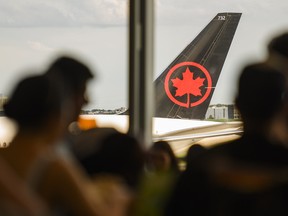Air Canada Flight Attendants Consider Strike Following Bargain Breakdown
Negotiations between Air Canada and its flight attendant union (CUPE) have entered a critical phase as talks failed to reach an agreement. CUPE Local 793, with support from the NDP, has highlighted issues including unpaid work, stagnant wages, and insufficient compensation for essential duties performed before and after flights.
Unpaid Work and Wages
Flight attendants are reportedly underpaid for hours worked outside the cockpit, with many earning less than minimum wage once additional responsibilities are factored in. Starting salaries at Air Canada are reported to be $27,000 annually, a figure deemed insufficient for professional careers, particularly affecting junior workers.
Erosion of Purchasing Power
Stagnant wages have eroded the union’s purchasing power, with starting hourly wage around $30 per hour being insufficient. CUPE representatives note that flight attendants often work 14-hour days but receive pay only for six to eight hours, forcing many to supplement income with other jobs.
Lack of Industry-Wide Standards
The issue is not unique to Canada, as U.S. airlines have started compensating pre-flight duties, whereas Canadian workers continue without such benefits. CUPE is pushing for federal legislation (Bill C-415) to standardize pay practices, introduced by MP Bonita Zarrillo in October 2024.
Potential Strike and Bargain Breakdown
With negotiations beginning on December 11th, the union aims to avoid a strike but acknowledges the need for fair compensation. The possibility of strikes increasing with no replacement workers highlights the tension within the industry.
In summary, air Canada flight attendants face significant challenges including unpaid work, stagnant wages, and insufficient compensation. CUPE’s efforts to address these issues through negotiations and potential legislation are crucial in preventing further disruptions.
